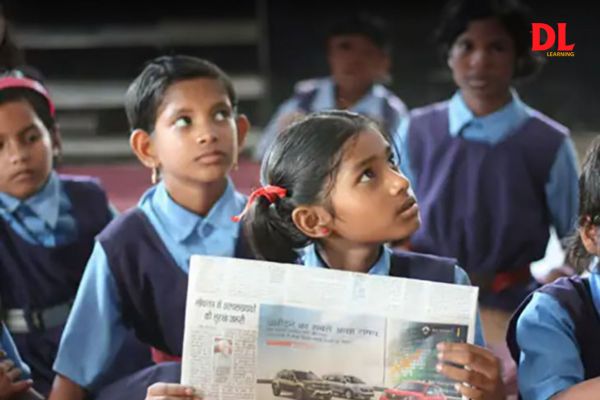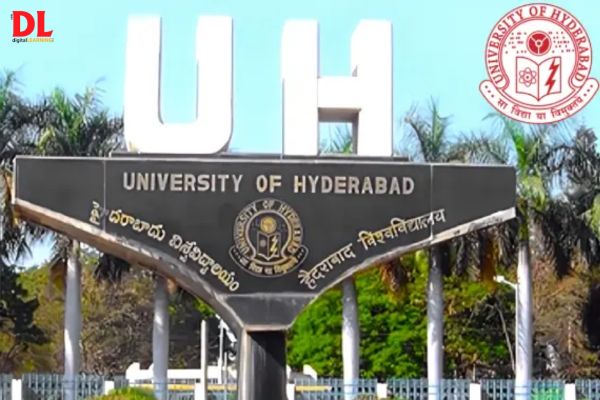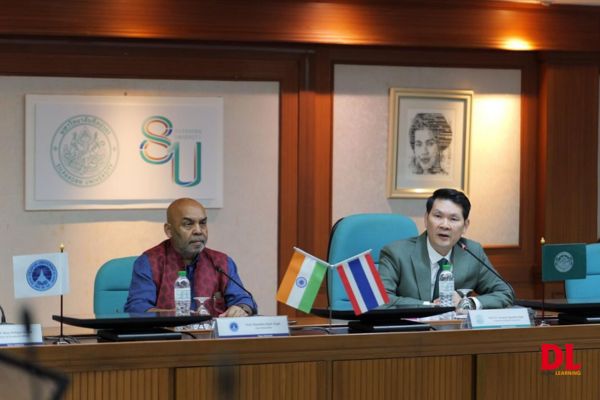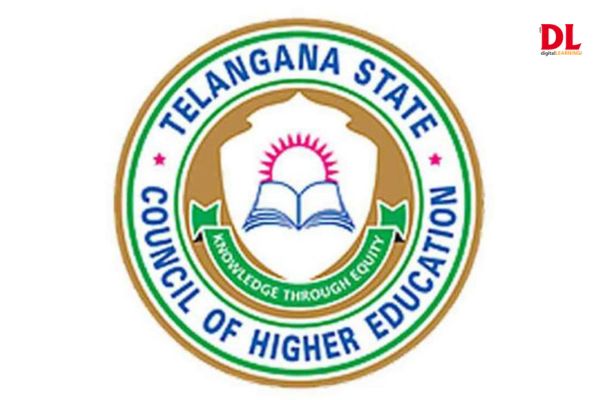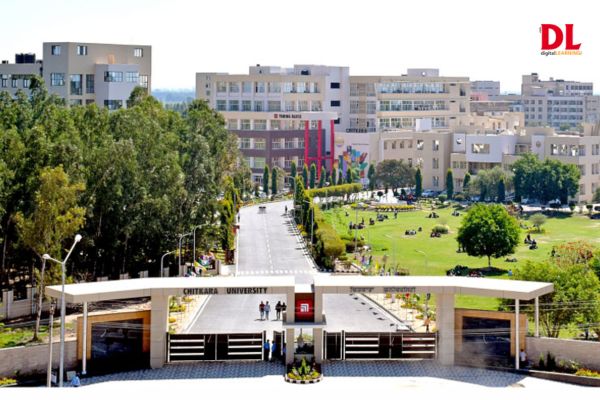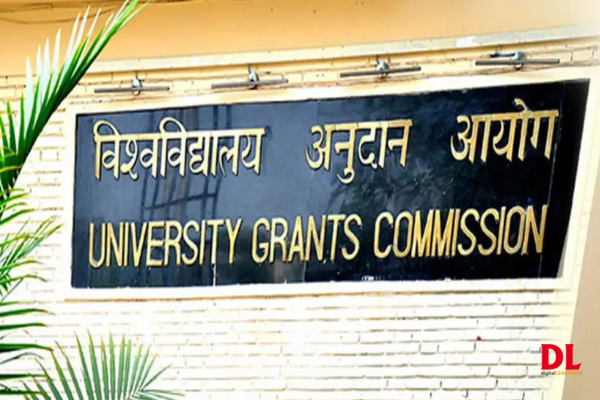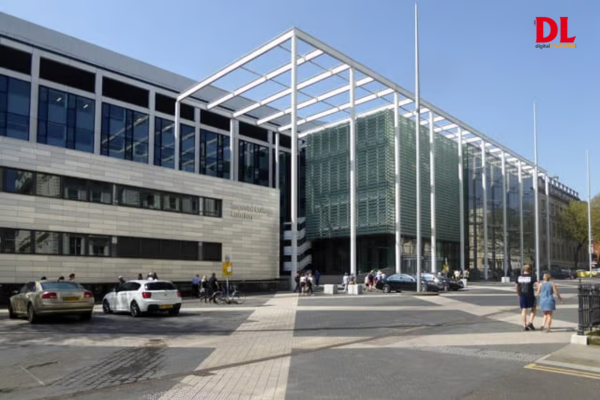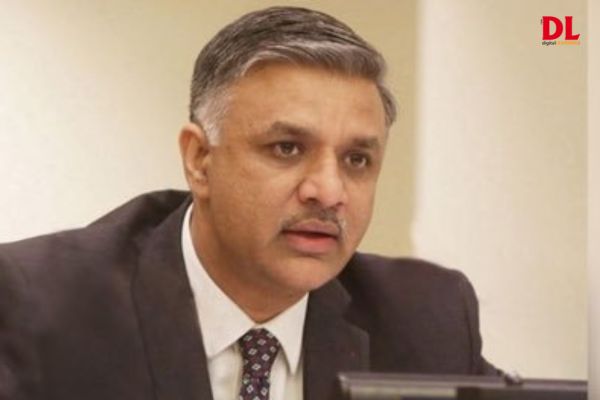Uttar Pradesh Chief Minister Yogi Adityanath emphasised the state’s progressive strides in digital education and school infrastructure during an inauguration event in Lucknow on Monday. The CM unveiled newly constructed buildings and additional dormitories across 139 upgraded Kasturba Gandhi Balika Vidyalayas, reinforcing the government’s focus on girl child education and holistic development.
As part of a broader educational overhaul, CM Yogi also laid the foundation stones for 43 Chief Minister Model Composite Schools and 66 Chief Minister Abhyudaya Composite Schools, expanding access to modern education across urban and rural areas of Uttar Pradesh.
Reflecting on the transformative impact of EdTech during the COVID-19 pandemic, the Chief Minister said, “We connected schools with virtual education when physical classes were not possible. Now, with technological advancements, we are pushing for deeper integration of smart solutions into classrooms.”
He also spotlighted the ongoing summer camps in all government schools, calling the initiative a unique and innovative step to keep students engaged during vacations and nurture their creative and academic growth.
During the NDA Chief Ministers’ Conclave held recently in New Delhi, CM Yogi presented a detailed account of Uttar Pradesh’s efforts in revitalising dilapidated schools. “Our focus on infrastructure upgrades and technology adoption has transformed the lives of lakhs of children and generated thousands of employment opportunities,” he noted.
In a strong push towards digital empowerment, the state government has introduced smart classrooms in 7,409 government schools and established Resource Centres for Technology (RCT) labs in 5,228 schools. Moreover, over 51,667 teachers received tablets under a government-led distribution drive on Monday, significantly enhancing digital teaching capabilities.
Further strengthening digital access, the CM announced the development of digital libraries in 503 PM Shri Schools, offering students across the state easy access to curated learning resources.
“These initiatives not only ensure educational continuity but also democratise high-quality teaching. Through smart infrastructure and digital tools, we’re bridging the learning divide,” the Chief Minister affirmed.
With these sustained efforts, Uttar Pradesh is fast emerging as a leader in digital learning, school modernisation, and inclusive education, aligning with the vision of a future-ready India.









